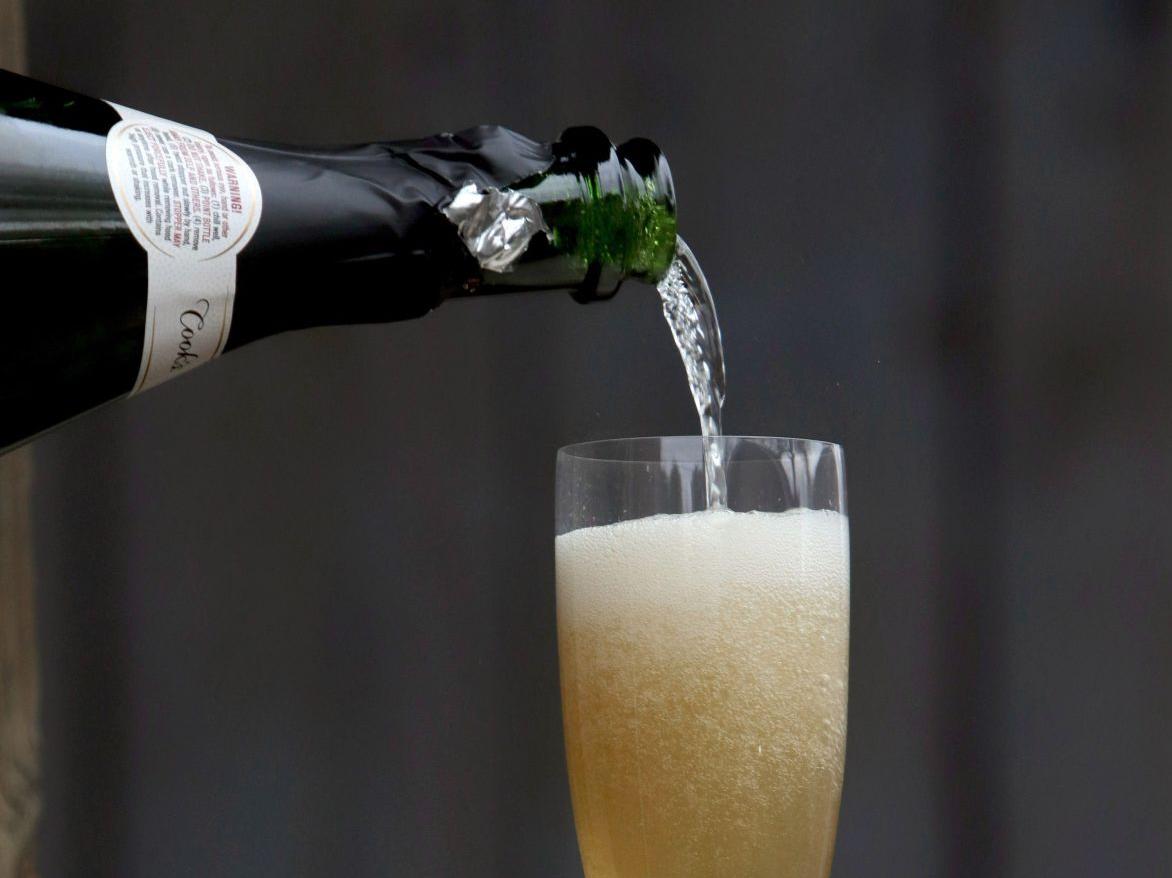In 1898, the French did the most French thing ever. Naturally, it involved food and wine.
If it didn’t involve food and wine, it wouldn’t be the most French thing ever.
The era of colonialism was shuffling to a close, though no one knew that yet. European countries were still in the business of taking over other lands for the resources they found there and also to save what was, in their opinion, the native people’s poor, ignorant souls.
France wanted to connect its colonies in West Africa with its one outpost on the continent’s east coast, in what it called French Somaliland (it’s now Djibouti).
One large region stood in its way, Sudan and what is now South Sudan.
France sent Maj. Jean-Baptiste Marchand to secure Sudan for France, or at least make it possible for a railroad to be built connecting the Atlantic Ocean to the Red Sea.
People are also reading…
It was a difficult, two-year journey through jungle, bush and desert. Marchand’s army consisted of seven French officers, a few non-commissioned officers and staff, and 120 French Senegalese troops.
Porters, many of them conscripted into duty, did the heavy lifting. They carried ammunition, a small steam-powered riverboat that could be separated into sections and 16 tons of colored beads and 70,000 yards of colored fabric to give to natives they would meet along the way.
The porters also carried 10 tons of rice, 5 tons of corned beef and 1 ton of coffee.
Here is the most French thing ever: On this punishing, two-year journey, they brought 1,300 liters of red wine and also Montebello champagne to celebrate what they were sure would be their success. They also brought vegetable seeds, so they could plant a garden when they reached their destination.
They arrived in Fashoda in July 1898. Fashoda, which is now called Kodok, was a trading community on the banks of the White Nile River. The river is boggy in that area, and Fashoda was one of the few places that boats could be off-loaded, making it strategically important to France’s plans.
It was important for another reason, too.
At the time, England had a nearly unbroken string of African colonies running from Egypt in the north (technically, Egypt was independent, but not really) down to Bechuanaland, now Botswana, in the south. All that was missing to complete the string was Sudan and what is now South Sudan.
France wanted to build an east-west railroad. England wanted to build a north-south railroad. The place where those two railroads would meet was Fashoda.
England sent a force of its own to Fashoda, led by Maj. Gen. Horatio Herbert Kitchener, who had won the battle of Omdurman. Kitchener arrived a few months later, with an armed flotilla and some 2,000 battle-hardened soldiers.
The two commanders met cordially at first, when Marchand offered Kitchener some of the warm champagne. But negotiations soon began to collapse over whether Kitchener would be allowed to hoist a flag at the old fort where the French were staying and where the French flag then stood.
Incidentally, it was not the English flag he wished to raise. On this occasion, Kitchener also represented the leader of Egypt, and it was that flag he wanted to raise. At any rate, Marchand refused.
The two leaders grew angrier at each other. Kitchener pointed out that the French soldiers were vastly outnumbered, but Marchand answered, “General, military supremacy can only be determined in combat.” A British observer, watching from some distance away, was afraid the two men would come to blows.
But then Kitchener did the most British thing ever: He suggested they sit down together over a whiskey and soda.
And so they did. They decided it would be best to let their respective governments, far away in London and Paris, decide what to do next. While awaiting word, the British soldiers provided newspapers to the news-starved French, who thus learned about the Dreyfus Affair that was then roiling their country.
While the soldiers were waiting to be told what to do, the governments of France and England decided that Germany that was the biggest danger to them both. The countries, which had been bitter enemies since the Battle of Hastings in 1066, became allies, and the stage was set for victory in two World Wars.
It might never have happened, except for a glass of Scotch and soda. But not everyone was happy.
Marchand later said, “One of the greatest sacrifices I ever made for my country was to drink that horrible smoky alcohol.”









